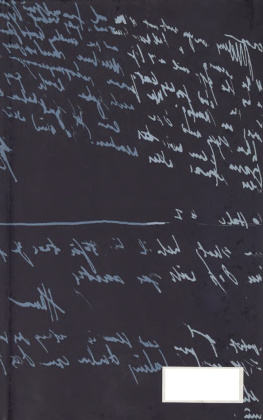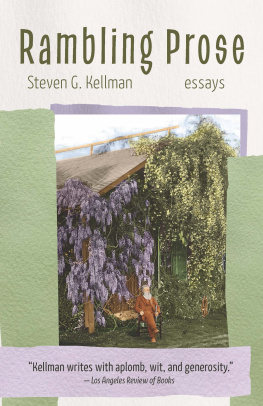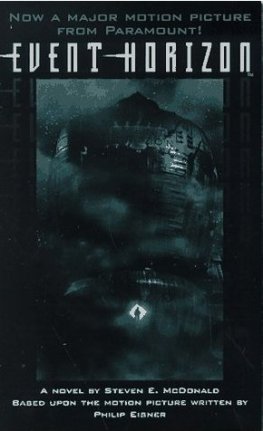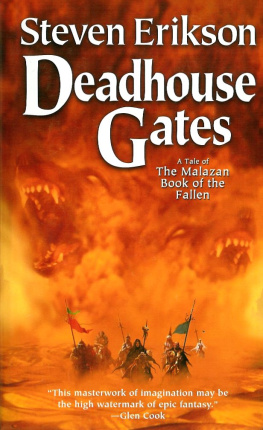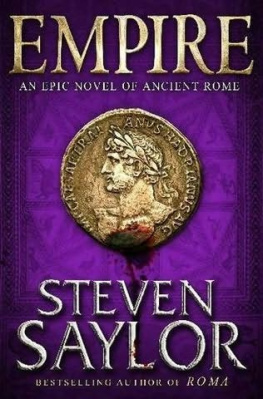Steven G. Kellman - The Translingual Imagination
Here you can read online Steven G. Kellman - The Translingual Imagination full text of the book (entire story) in english for free. Download pdf and epub, get meaning, cover and reviews about this ebook. year: 2014, publisher: University of Nebraska Press, genre: Detective and thriller. Description of the work, (preface) as well as reviews are available. Best literature library LitArk.com created for fans of good reading and offers a wide selection of genres:
Romance novel
Science fiction
Adventure
Detective
Science
History
Home and family
Prose
Art
Politics
Computer
Non-fiction
Religion
Business
Children
Humor
Choose a favorite category and find really read worthwhile books. Enjoy immersion in the world of imagination, feel the emotions of the characters or learn something new for yourself, make an fascinating discovery.
- Book:The Translingual Imagination
- Author:
- Publisher:University of Nebraska Press
- Genre:
- Year:2014
- Rating:3 / 5
- Favourites:Add to favourites
- Your mark:
- 60
- 1
- 2
- 3
- 4
- 5
The Translingual Imagination: summary, description and annotation
We offer to read an annotation, description, summary or preface (depends on what the author of the book "The Translingual Imagination" wrote himself). If you haven't found the necessary information about the book — write in the comments, we will try to find it.
The Translingual Imagination — read online for free the complete book (whole text) full work
Below is the text of the book, divided by pages. System saving the place of the last page read, allows you to conveniently read the book "The Translingual Imagination" online for free, without having to search again every time where you left off. Put a bookmark, and you can go to the page where you finished reading at any time.
Font size:
Interval:
Bookmark:
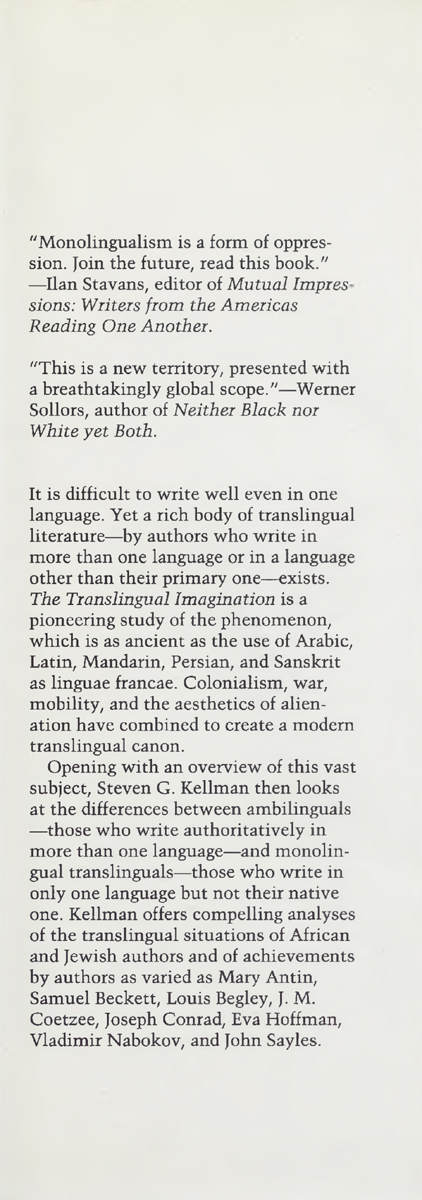
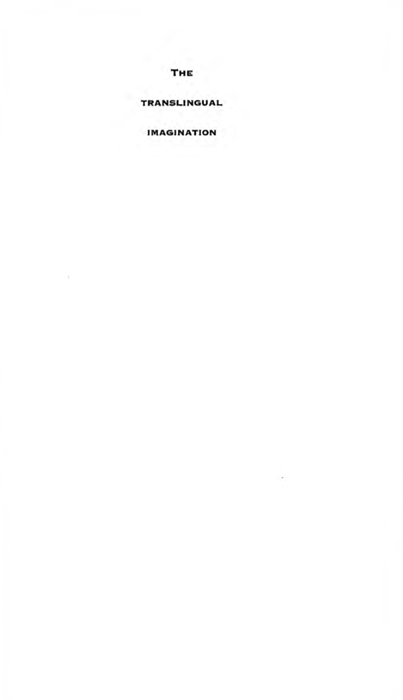

2000 by the University of Nebraska Press
All rights reserved
Library of Congress Cataloging-in-Publication Data
Kellmen Steven G. 1947
The translingual imagination / Steven G. Kellman.
p. cm.
Includes bibliographical references (p. ) and index.
ISBN 0-8032-2745-0 (cloth: alk. paper)
ISBN -13: 978-0-8032-2745-3 (print isbn)
ISBN -13: 978-0-8032-7447-1 (electronic: e-pub)
ISBN -13: 978-0-8032-7448-8 (electronic: mobi)
1. Multilingualism and literature. 2. Language and culture.
I. Title.
PN171.M93K45 2000
809dc21 99-43624
CIP
The publisher does not have any control over and does not assume any responsibility for author or third-party websites or their content.
PREFACE
What song did the Sirens sing? Homer never tells us, perhaps because they did not sing in Greek. Not the least barbaric fact about the anthropophagous race of Cyclops is that they probably spoke an alien tongue. Wily Odysseus, who managed to cajole reluctant Philoctetes into joining the bloody battle at Troy, must have been adept at languages. In order to talk his waysans dictionary or dragomanpast Circe, Calypso, the Phaiakians, the Lotus Eaters, and the Lastrygonians, this wandering king of Ithaca, this master of all ways of contending, surely must have had to pick up some of the native lingo of the places to which he traveled. Yet as far as Homer is concerned, the Mediterranean is a monolingual sink. It is all Greek to him.
Not every author has been as blind to the variety of human languages, however. Before he lost his sight, it is said, John Milton had read every book in every language that was then available in Europe, early in the age of printing. We do know that he wrote capably not merely in English but in Latin, Greek, and Hebrew, too. Yet the Babel myth, in one version or another, is among the oldest stories told in many cultures. According to Choctaw legend, everyone on Earth spoke Choctaw until arrogant humans tried to construct a mound that would touch the heavens. And once upon a time, before haughty authors climbed up ivory towers, the job of a translator was as incomprehensible as that of editor or literary agent. There probably never was an Ur-language, a perfect primal tongue that sufficed for the entire human race. But nostalgia for it, along with the moot premise that international conflict would vanish if only we all shared a common lexicon, accounts for the invention of Esperanto, Volapk, Ido, Langu Universelle, Bopal, Spelin, Dil, Balta, Veltparl, and other artificial languages. Like sex, language seems to be a bizarre stratagem by which human beings both connect and conflict.
Most inhabitants of this planet are at least bilingual. Yet particularly in the United States, a nation created in the shadow of Babel, many yearn to be done with other tongues. In revulsion against British oppression, revolutionary leaders debated adopting German (spoken by about 40 percent of colonial Pennsylvania), French, Latin, or Hebrewanything but the language of the defeated tyrantas the official language of their new republic. Benjamin Franklin, who studied more than a dozen languages and was agile enough in French to translate the American Constitution into it, began his career by publishing a newspaper in German. The United States was a tumultuous linguistic mix, until World War I led to prohibition of instruction and even conversation in German and other languages, and restrictive immigration laws in 1924 radically reduced the fresh supply of xenophones. Now in its third century, the United States is a place where the children of immigrants deny their mothers tongues and many clamor for a single language, English. If English was good enough for Jesus Christ, its good enough for me was the argument adduced by an American college student for exemption from an already feeble foreign language requirement.
English is good enough for King James, William Shakespeare, Jane Austen, Walt Whitman, Casey Stengel, Derek Walcott, and Howard Stern. English facilitates a vast array of thoughts and emotions, but as any other language does, it also limits these human expressions to what is possible within its repertoire of sounds and structures. Perhaps even more than ethnicity, language is a useful way of beginning to approach questions of identity, individual and collective. And the first thing to say, in any language, is that multilingualism enlarges. Be all that you can be, urges the ad for the United States Army, and its language-training school fulfills the promise. If identity is shaped by language, then monolingualism is a deficiency disorder. It limits our versions of self, society, and universe. Since the spirit which constantly reveals itself in the world can never be exhaustively known through any given number of views or opinions, argued Wilhelm von Humboldt, a polyglot who wrote in French and German, it would be far better to multiply the languages on earth as many times as the number of earths inhabitants might permit (483).
This book examines literary translingualism, the phenomenon of authors who write in more than one language or at least in a language other than their primary one. The most celebrated literary translinguals of the twentieth century are Samuel Beckett, Joseph Conrad, and Vladimir Nabokov, but as the partial roster at the end of the volume suggests, thousands of writers, from antiquity to the present, have been translingual. They are among the most fascinating of literary figures because their lives took noticeably dramatic twists and because their position between languages enabled them to challenge the limits of their own literary medium. Moreover, translingualism is more than a categorical contrivance, a classification concocted to serve the purposes of idle pedantry. It is a genuine and rich tradition, one in which authors are acutely aware of shared conditions and aspirations. Chinua Achebe responds, explicitly and implicitly, to Conrad, Eva Hoffman to Mary Antin. Both J. M. Coetzee and Raymond Federman have written extensively about Beckett. Even when Nabokov is belittling Conrads souvenir-shop style, bottled ships and shell necklaces of romanticist clichs ( Strong Opinions 42), he is acknowledging affinity with another Anglophonic author who left behind a Slavic land and language.
No instance exists of a persons writing two languages perfectly (839), wrote Thomas Jefferson, in English, from Paris. But the author of the blotted Declaration of Independence probably would be hard put to cite the instance of a persons writing even one language perfectly. Perfection is not an attribute of postlapsarian, post-Babelian expression. Yet it is remarkable how compelling so many writers are able to be in a second, third, or even fourth language. And how persistent an antitranslingual animus has been, as if abandonment of the mother tongue Muttersprache, langue maternelle, mama loshen, sfat em, lengua materna, modersml, lingua materna, matesk jazyk were tantamount to matricide.
More than anyone else, William Butler Yeats was responsible for the reverent reception that Western readers accorded Rabindranath Tagore and for the fact that he was awarded the Nobel Prize for Literature in 1913. But Yeats later turned against Damn Tagore, berating the Bengali poet for daring to translate his own work into English. Tagore does not know English, no Indian knows English, Yeats wrote in 1935. It was rather incongruous for an Irish nationalist to pose as the guardian of English purity, but while Yeatss compatriots were struggling to revive Gaelic as a language of literary expression, he was insisting that translingualism is impossible: Nobody can write with music and style in a language not learned in childhood and ever since the language of his thought (834).
Next pageFont size:
Interval:
Bookmark:
Similar books «The Translingual Imagination»
Look at similar books to The Translingual Imagination. We have selected literature similar in name and meaning in the hope of providing readers with more options to find new, interesting, not yet read works.
Discussion, reviews of the book The Translingual Imagination and just readers' own opinions. Leave your comments, write what you think about the work, its meaning or the main characters. Specify what exactly you liked and what you didn't like, and why you think so.

